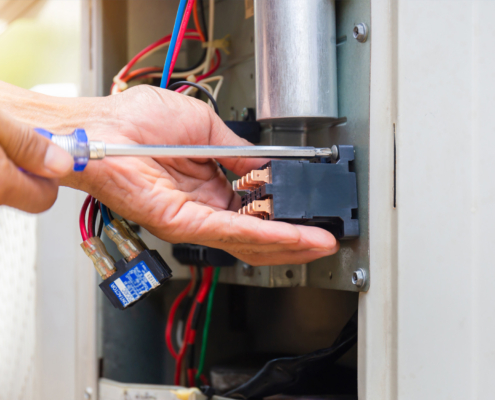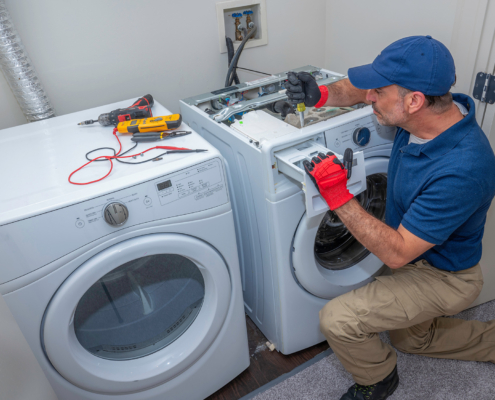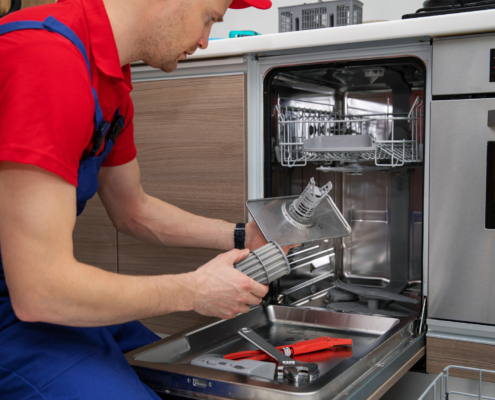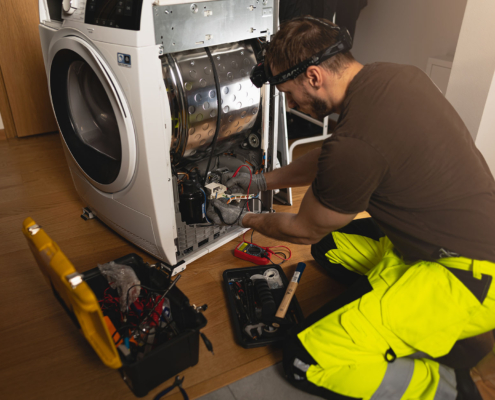When your refrigerator starts acting up, it’s easy to jump to conclusions about what might be going wrong. Common issues such as the refrigerator not cooling can have you fretting over the compressor or suspecting the main control board. However, these components don’t often fail, meaning they’re not typically the culprits behind your fridge’s ailments.
Indeed, the parts you might assume are to blame—those heavyweight items like compressors—are surprisingly robust. Their failures are not a frequent fix scenario in most households. So, it might be time to look elsewhere when your fridge gives you the cold shoulder rather than the cold temp you’re after.
- Daily Use: How often and how rigorously you use your refrigerator can give you clues about potential wear and tear on less thought-of parts.
- Age: The age of your fridge can indicate whether it’s time for a routine check or if certain components might be nearing the end of their lifecycle.
- Performance Fluctuations: Note any inconsistencies in temperature or odd noises, as these can hint at smaller parts needing attention.
Remember, fridge health is all about understanding the symptoms and taking action before small issues snowball into bigger problems. Regularly check your refrigerator’s functioning, and you’ll find that it’s not always the big, scary parts that need replacing.










